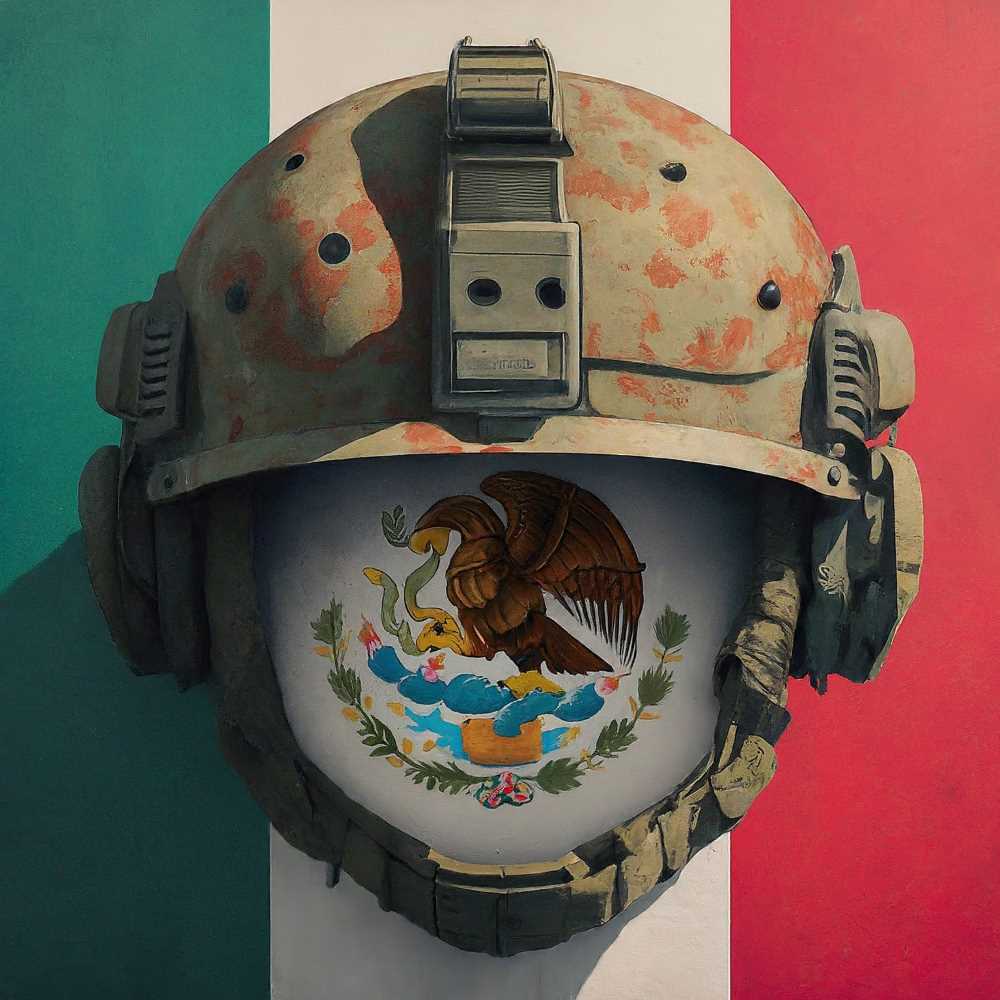National Guard Joins the Ranks of the Military
The National Guard in Mexico is being placed under military control. This controversial reform has been approved by the Chamber of Deputies and will amend 12 articles of the Constitution.

In a move that signals a significant shift in the landscape of public security in Mexico, the Chamber of Deputies has approved a sweeping reform package that will embed the National Guard into the very fabric of the military apparatus. The proposal, passed with a commanding majority of 362 votes in favor to 131 against (and notably, not a single abstention), seeks to integrate the National Guard into the Secretariat of National Defense (Sedena), bringing the nation's security forces under one mighty umbrella.
In essence, this move propels the National Guard into a new era, reimagining it as a “professional, permanent public security force,” one that is no longer just a civilian or quasi-military unit but a full-fledged branch operating under the military’s watchful gaze. The Federation will now command a security force “made up of military and marine personnel with police training.” This is no casual reshuffling of responsibilities; it’s a tectonic realignment of Mexico’s security architecture.




